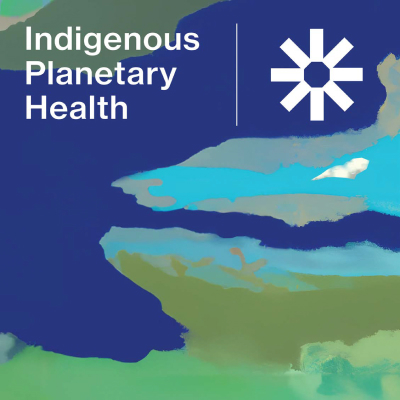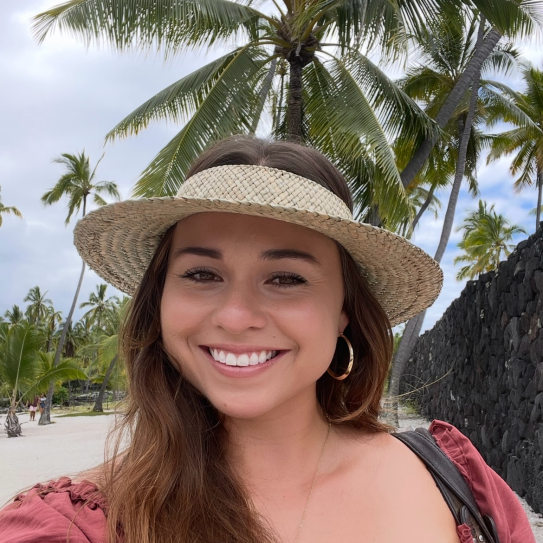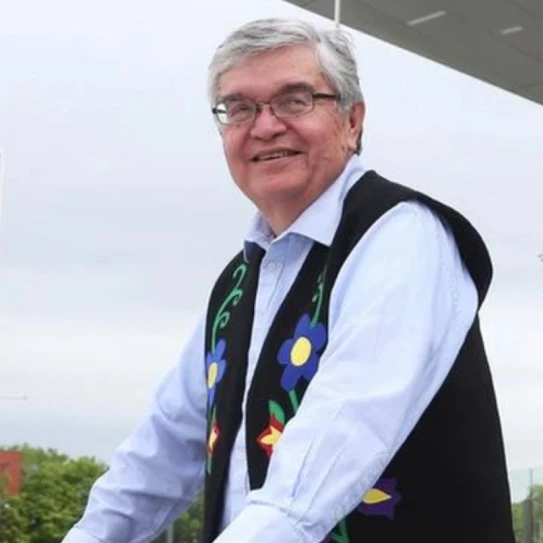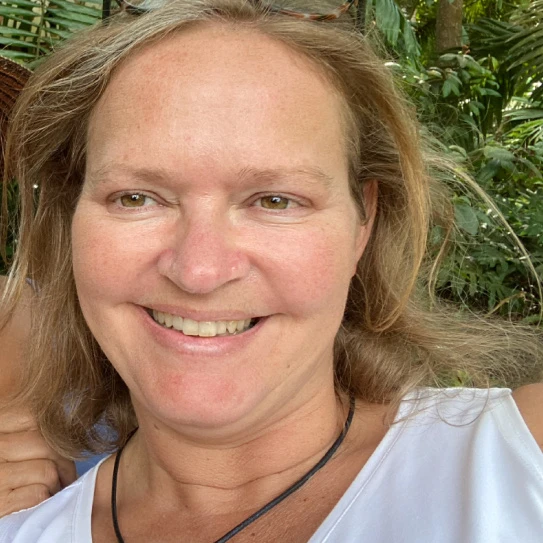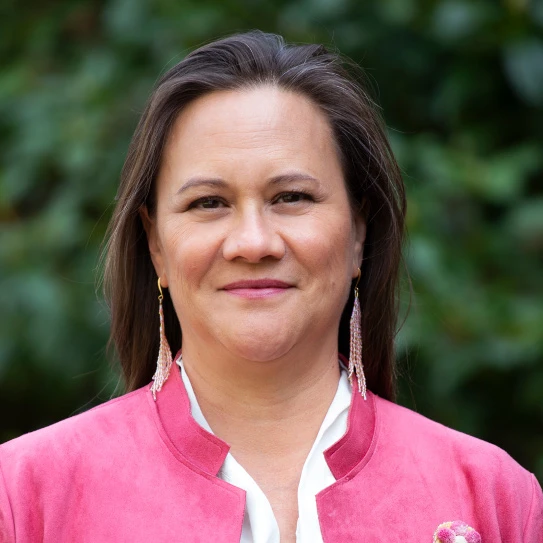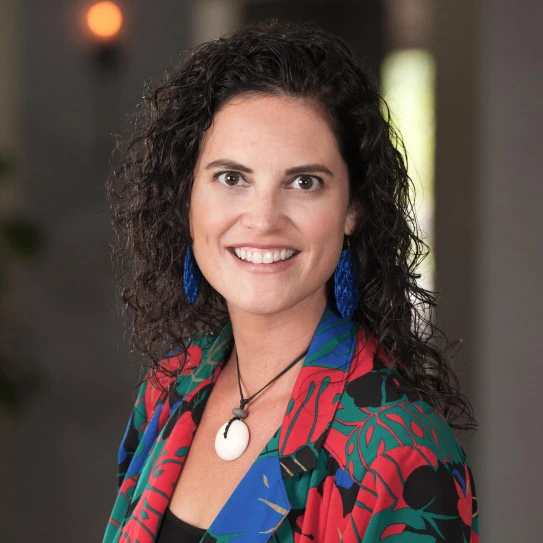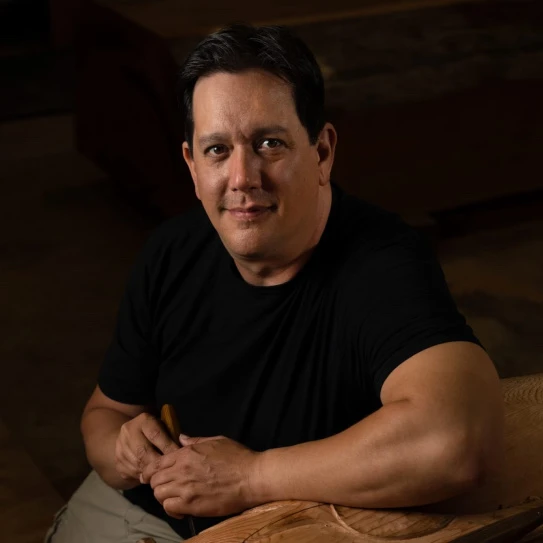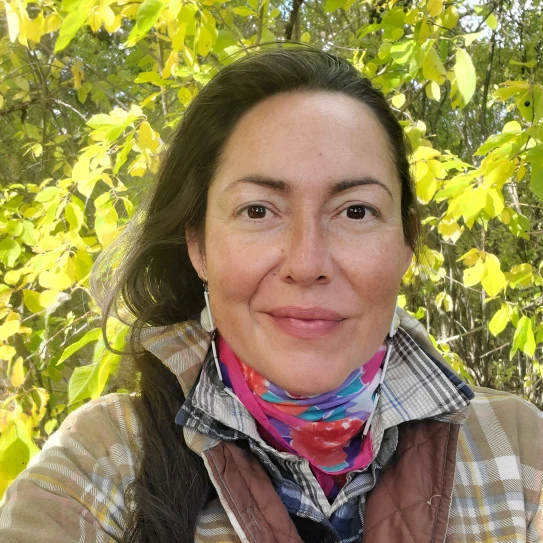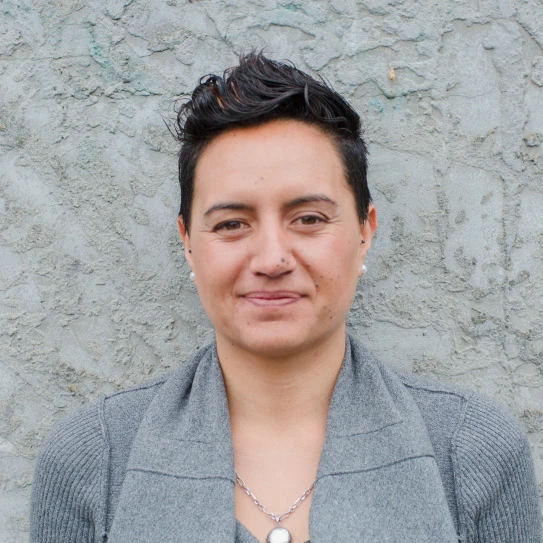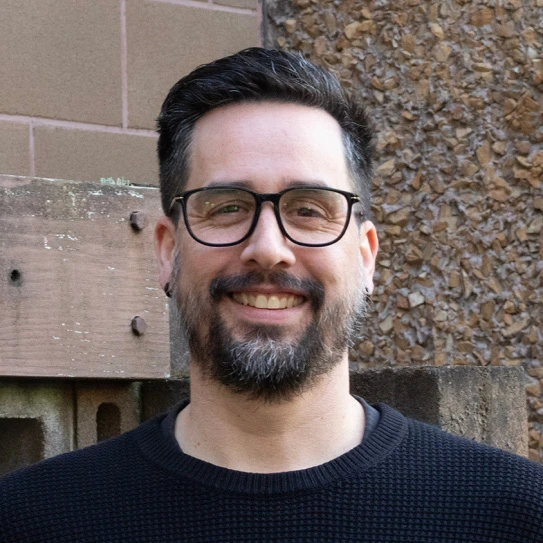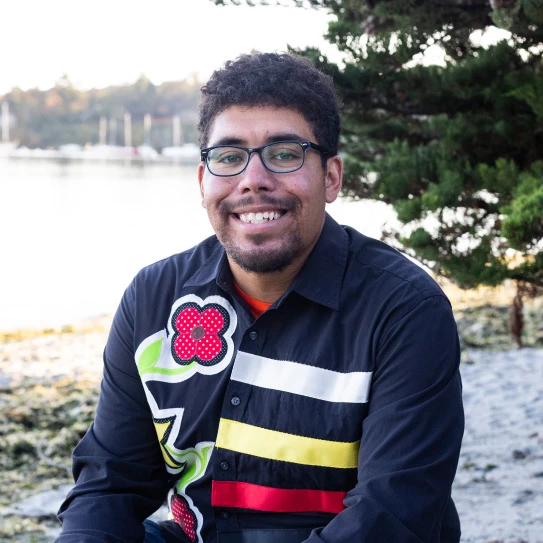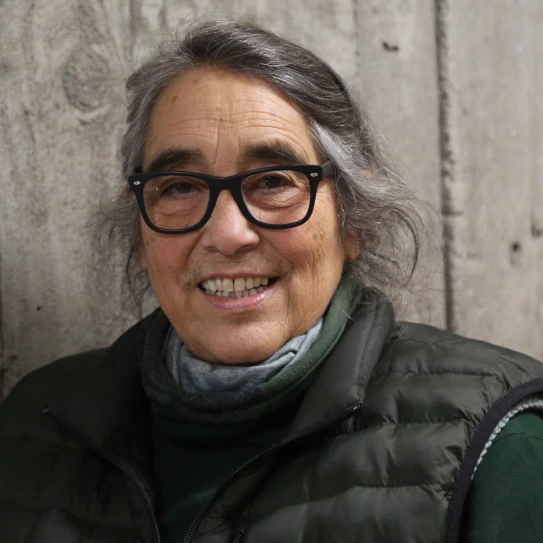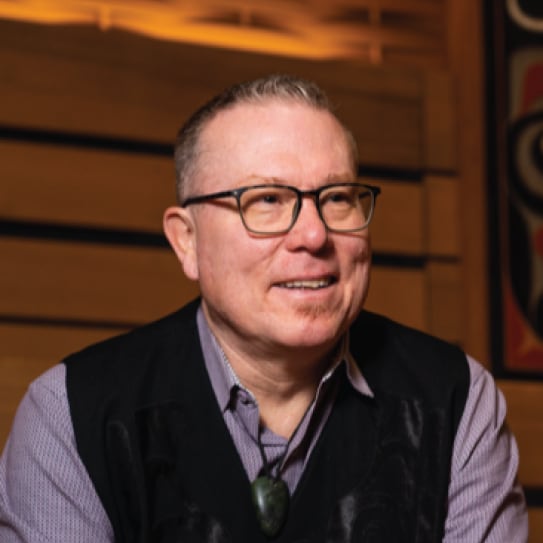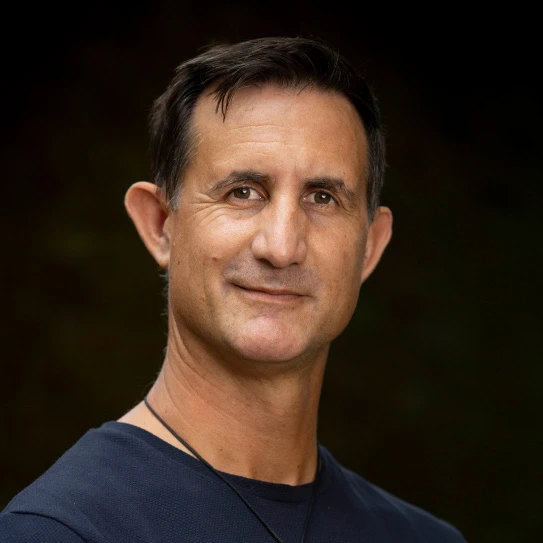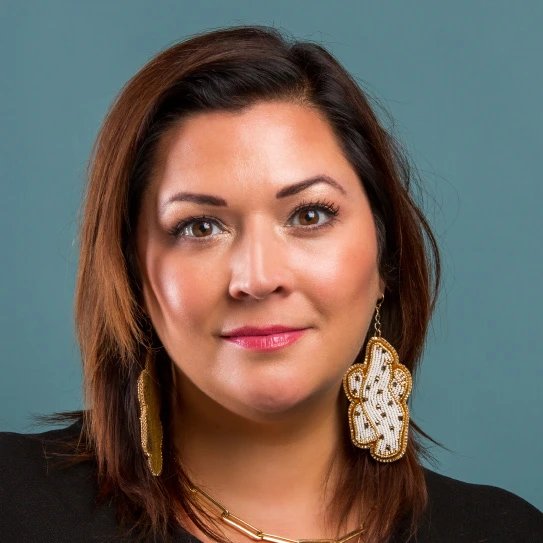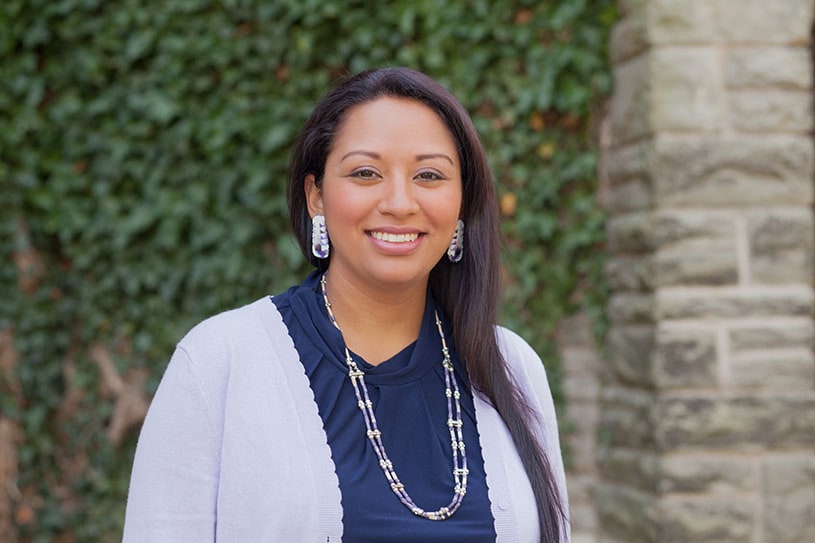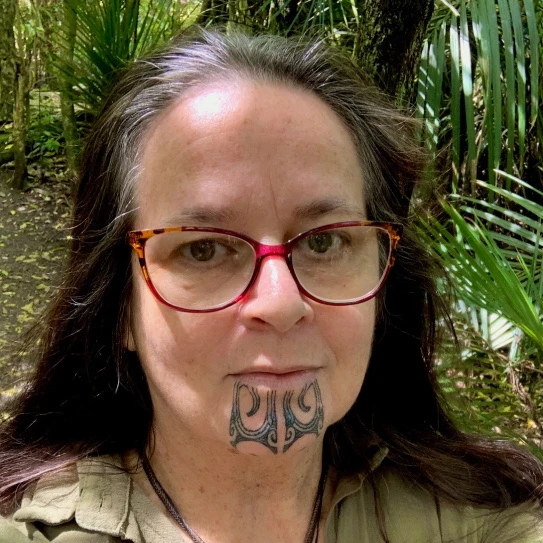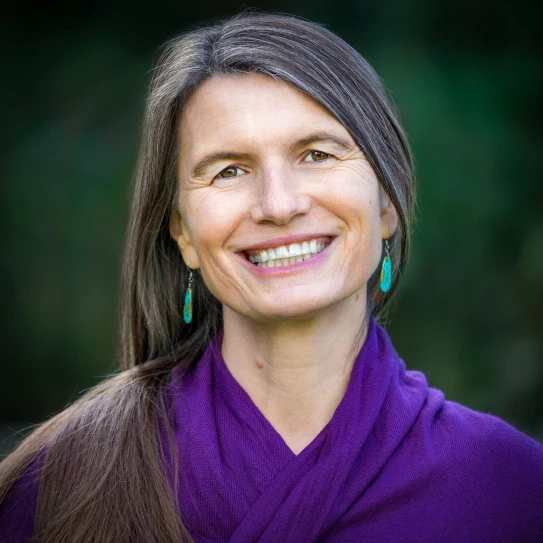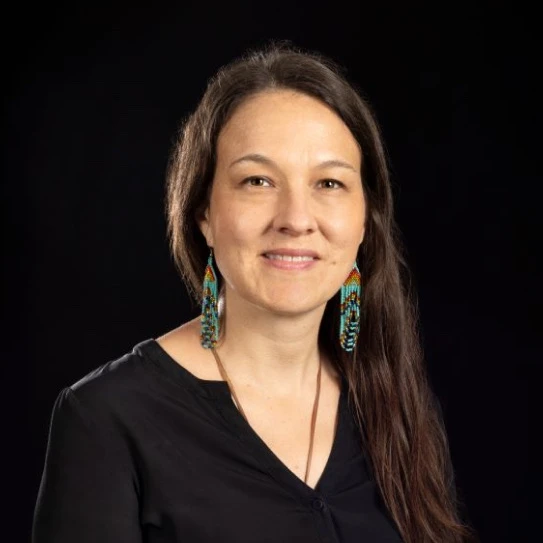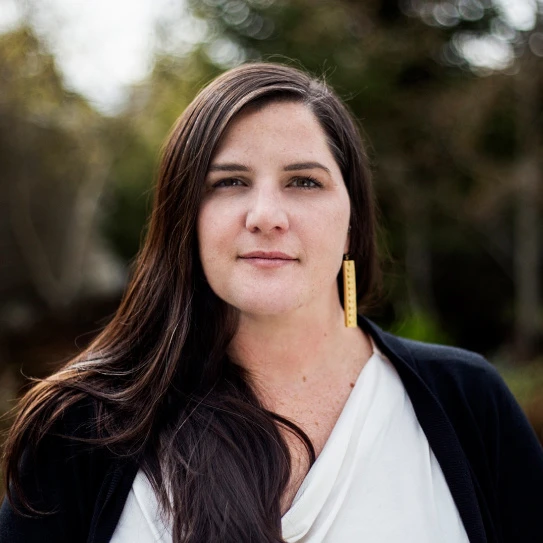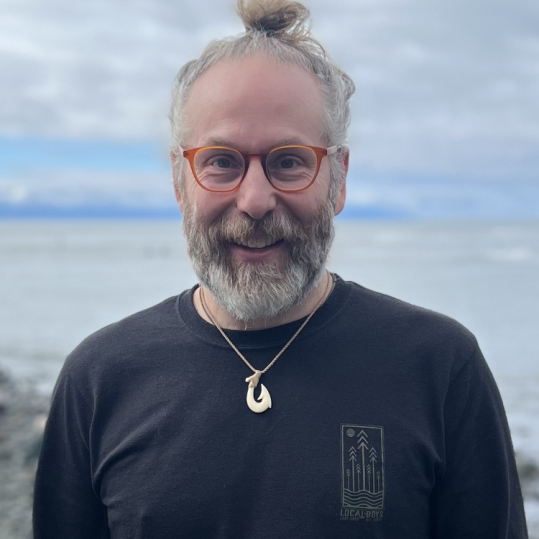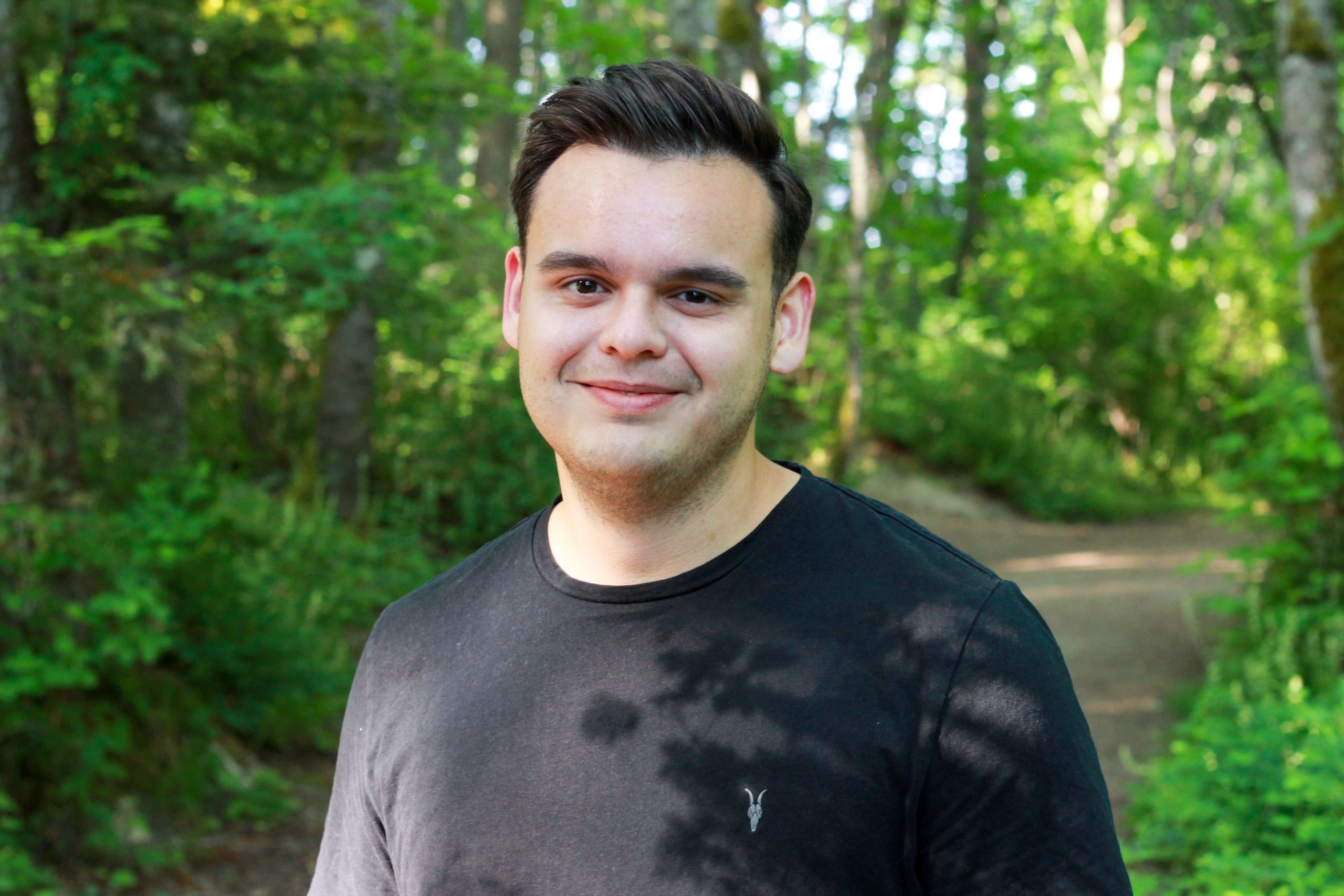Podcast: Play in new window | Download
Indigenous science and western science may not be so different after all. Dr. Shandin Pete joins Heather and Hōkū to talk about Indigenous philosophy, observational science, and hydrology. By combining stories, belief structures, and traditions with mathematical and hydrological understandings of water, Shandin explains how Indigenous observational methods and ways of doing things are not so different from the scientific method. In other words, the “thinking of the past crosses over into scientific traditions of today,” he says. If we can understand more about the past, we can repurpose traditions and beliefs to fit within the constructs of today. We can use science, or as Shandin terms it, ‘geoscientific ethnography,’ to do this. We also receive a helpful teaching on those dreaded but important academic terms: axiology, ontology, and epistemology.
From Nłq̓alqʷ (“Place of the thick trees”, Arlee, Montana), Shandin Pete is from the Bitterroot Band of Salish in Montana and Diné from Beshbihtoh Valley in Arizona. He is an assistant professor at the University of British Columbia in the Department of Earth Ocean, and Atmospheric Sciences. Dr. Pete is a hydrogeologist and science educator with interest in Indigenous research methodologies, geoscientific ethnography, Indigenous astronomy, social-political tribal structures, culturally congruent instructional strategies, and Indigenous science philosophies. He is also host of his own podcast, Tribal Research Specialist, which he describes as “creating a think tank podcast for scholars in Tribal communities.” Check it out!
This podcast is created by the Impact Chair in Transformative Governance for Planetary Health at the University of Victoria, with production support from Cited Media. We receive additional support from the Canadian Institutes of Health Research You can find us at https://indigenousplanetaryhealth.ca/
